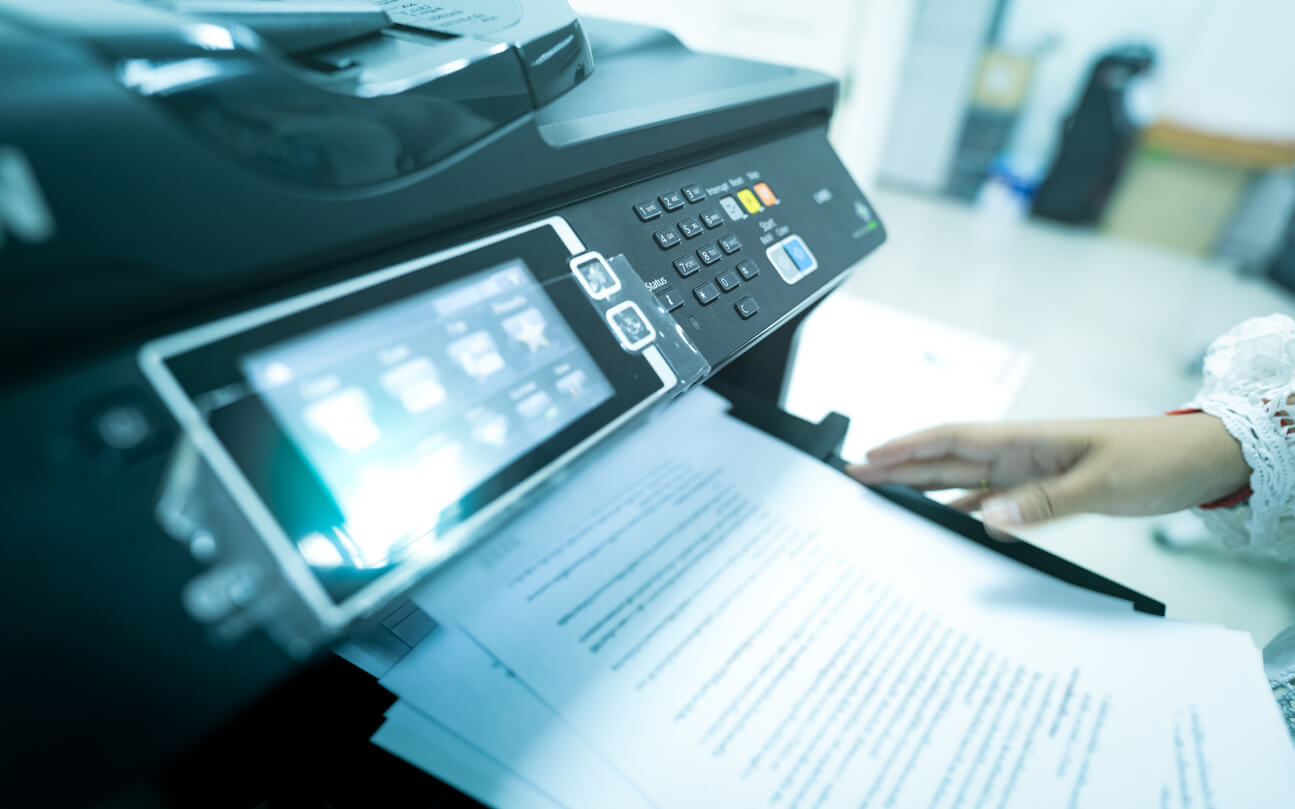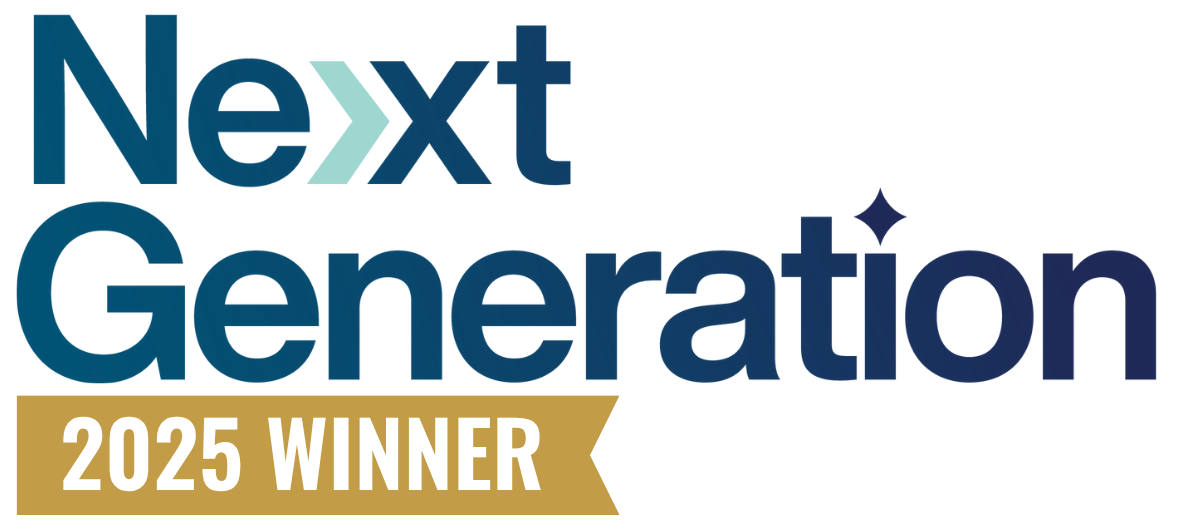Digital fax takes traditional faxing operations into the modern age using the Internet and cloud-based technologies. This transforms fax from a physical document transmission method to an effective digital communication tool. The resurgence of fax is especially important for the financial sector, where security and compliance are mission critical.
Let’s explore the role digital fax services play in document management and learn about some of its key benefits for finance.
What is Digital Fax?
A digital fax solution, also known as cloud fax or virtual fax, allows organizations to send and receive faxes via the Internet without needing physical fax equipment. This contrasts traditional fax, which relies on phone lines and physical paper.
This evolution in faxing has led to improved efficiency, faster transmission times, and better integrations with other digital tools. Digital fax services seamlessly integrate with unified communications systems to enhance workflows and data management. Users can receive and send faxes through e-messaging platforms, like email, web apps, or mobile devices.
The Continued Importance and Benefits of Fax in Finance
Fax has endured in popularity within the finance sector. Its proven reliability for secure document transmission highlights its role in scenarios where physical signatures and document trails are important. Here are a few key reasons why fax, particularly digital fax, is an essential element of financial operations:
- Regulatory Compliance: Digital fax services support compliance with various regulations in the finance sector, including regulatory frameworks like SOX or the Dodd-Frank Act.
- Efficiency and Cost: Compared to physical fax, digital fax offers faster transmission, easier document management, and integration with other digital systems. This reduces the need for physical space, lowers maintenance costs, and saves on paper and toner.
- Security: Finance firms lose around $5.9 million per data breach. With advanced security features like end-to-end encryption and secure storage, digital fax trumps traditional fax regarding sensitive data protection.
- Legal Benefits: There is a legal recognition of faxed documents in financial institutions. As a result, they’re more legally binding than a simple email. This is due to the fact that faxes provide verifiable delivery receipts, adding to the legal validity.
- Improved Customer Experience and Agent Productivity: Digital fax solutions enable financial institutions to respond quickly to clients as well as streamline workflows. This can increase both agent productivity and customer satisfaction.
Use Cases of Digital Fax in Financial Institutions
Digital fax has become a staple element of digital transformation strategies in the finance industry. This technology stands as a pivotal innovation in streamlining the often complex and sensitive need for document transmission. To illustrate the importance of digital fax further, let’s explore some common use cases.
Document Handling in Loans and Account Management
Regarding document handling, digital fax automates data capture and management in loan applications. Faxed documents go from physical assets to actionable digital data. This capture technology can help expedite common processing by directly inputting data into lending systems.
As a result, lenders can streamline account management tasks like account opening for the benefit of both the client and the business. For example, an auto finance company might use digital fax to reduce dealership onboarding times from months to hours while securely processing applications in minutes.
Trade Confirmations in Capital Markets
Speed and compliance are essential elements of trading in capital markets. Digital fax facilitates rapid processing of sensitive trade confirmations, rate change notices, and wire transfer directives. When dealing with this level of sensitive information, this quick processing can save precious seconds and possibly prevent financial losses.
While all this might happen in moments, digital fax never comprises the security and auditability needs for compliance. This results in adherence to regulations like PCI DSS and SOX — unlike other popular digital communications platforms like email.
Insurance Industry Applications
When integrated with other electronic tools, digital fax can capture data from incoming insurance claim forms, input that data into a claims system, and even organize relevant documentation.
The automation of information requests, status updates, and convergence proofs leads to a more efficient claim approval or denial process. When businesses digitize these traditional paper-based practices, they can both adhere to compliance standards as well as drive revenue growth through efficient policy management.
Ready for a Reliable Digital Fax Service?
A digital fax solution combines the security and reliability of traditional fax with the speed and accuracy of a digital system. For financial institutions and organizations, this offers an effective way to communicate that is both safe and compliant. Financial organizations of all kinds should explore their options and consider a digital fax service provider that matches their specific needs for safe and secure fax operations.





